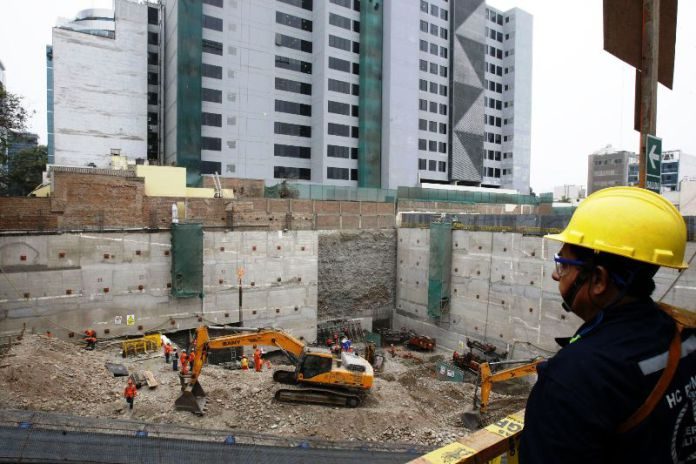KARACHI — The Association of Builders and Developers of Pakistan (ABAD) has urged the federal government to adopt a 15-year consistent tax policy for the construction and real estate sector, arguing that frequent and unpredictable changes in taxation are eroding investor confidence and stalling growth in a critical economic sector.
The proposals were formally submitted on Thursday to the Ministry of Finance for consideration in the FY2025-26 federal budget, ahead of next month’s budget announcement. In a detailed document, ABAD Chairman Muhammad Hassan Bakshi outlined sweeping recommendations for reforming the tax regime applicable to real estate and construction, calling for simplification, transparency, and investor facilitation.
The demands come amid a broader pre-budget consultation process, as the government works under tight fiscal constraints and in close coordination with the International Monetary Fund (IMF) following the recent release of a $1.023 billion loan tranche under the Extended Fund Facility. With another $1.4 billion in climate-linked funds also approved under the Resilience and Sustainability Facility (RSF), the government is under pressure to expand the tax base and increase revenue without stifling economic recovery.
ABAD’s proposals directly challenge several measures introduced in recent years that it argues have dampened activity in the real estate sector. The association has called for the abolition of advance tax under Section 236C, and a cap of 0.5% on tax under Section 236K, to lower transaction costs and reduce market distortions.
Critically, the association demanded the repeal of Section 7E, which imposes a 1% deemed income tax on owners of immovable property not generating rental income. ABAD labeled this provision “unfair” and said it penalises legitimate asset ownership. A similar repeal was requested for Section 7F, with a proposal to replace the current structure with a simple per-square-foot tax system, akin to the approach under Sections 7C and 7D.
ABAD also recommended overhauling the Capital Gains Tax (CGT) regime, suggesting that tax should be calculated based on the holding period of property to incentivise long-term investments and introduce predictability in tax obligations.
“The current CGT framework is unclear and arbitrary. A time-based system will create balance and fairness,” Bakshi stated, echoing a growing sentiment among developers who claim that inconsistent policies are pushing investors to safer offshore markets like Dubai.
On overseas Pakistanis, Bakshi raised concern over the transfer taxes imposed on dollar-based property purchases, arguing that such policies discourage inflows. “Removing this disincentive could boost remittances and rebuild overseas investor trust,” he said.
Other proposals include:
-
Abolishing Section 7E’s “deemed rental income” tax
-
Lowering withholding tax rates to stimulate transaction volumes and revenue
-
Improving FBR’s refund process, which ABAD claims is “slow and opaque”
-
Harmonising property valuation tables, which often differ widely from market rates, causing disputes and enabling tax evasion
The construction sector, which accounts for over 60 allied industries, has faced chronic slowdowns in recent years, exacerbated by high borrowing costs, inflation, and inconsistent fiscal policies. While the government has offered some temporary amnesties and relief in the past, stakeholders have increasingly called for structural reforms and a stable investment climate.
In a recent public statement, ABAD also cautioned that abolishing FED alone will not revive real estate unless tax reforms are made systemic and long-term in nature.
As the federal budget draws closer, ABAD’s proposals will test the government’s balancing act between fiscal discipline under IMF oversight and economic revival through private sector participation.























